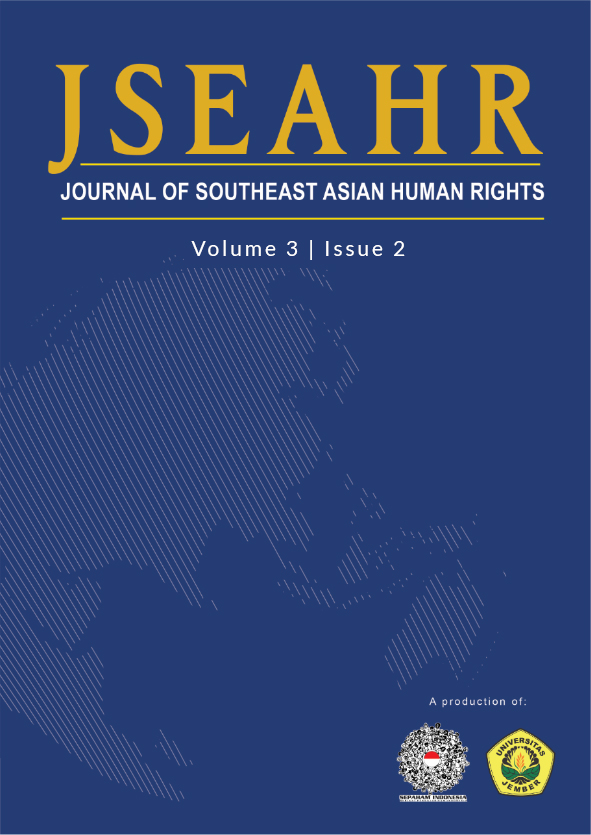An Overview of Post-Legislative Scrutiny in Western Australia
DOI:
https://doi.org/10.19184/jseahr.v3i2.13599Keywords:
post-legislative scrutiny, Western Australia, review clausesAbstract
Twenty years ago, the House of Lords Select Committee into the Constitution focused attention back onto the concept of post-legislative scrutiny. Since then, a clear framework and momentum for systematic post-legislative scrutiny has developed which has enabled parliaments to strengthen their role in the legislative process. However, there is a dearth of academic research into post-legislative scrutiny in Australian jurisdictions. Currently, there is no clear picture of the extent of post-legislative scrutiny in Western Australia and the factors in support, and challenges in implementing, systematic review of legislation. This article examines the extent of post-legislative scrutiny conducted by or overseen by the Parliament of Western Australia. An analysis of review reports and parliamentary debates reveals the outcomes of post-legislative scrutiny by the Executive. This article also examines outcomes of post-legislative scrutiny conducted by parliament through the application of the Westminster Foundation for Democracy’s Principles of Post-Legislative Scrutiny. Finally, barriers to post-legislative scrutiny by the legislature and options for reform are explored.
Downloads
References
Caygill, Tom, “A Tale of Two Houses – Post-Legislative Scrutiny in the UK Parliament†(2019) 21(2) European Journal of Law Reform.
Chauvel, Charles, “Post-Legislative Scrutiny in New Zealand – A Focus on Delegated Legislation†(2019) 21(2) European Journal of Law Reform.
Griglio, Elena, “Post-Legislative Scrutiny as a Form of Executive Oversight†(2019) 21(2) European Journal of Law Reform.
Hansard Society, Briefing Paper: Issues in Law Making – Post-Legislative Scrutiny, (London: Hansard Society, 2005).
Murphy, Jonathan & Mishura, Svitlana, “Post Legislative Scrutiny in a Non-Westminster Environment†(2019) 21(2) European Journal of Law Reform.
van Voorst, Stijn & Zwaan, Pieter, “The (non-) use of ex post evaluation by the European Commission†(2019) 26(3) Journal of European Public Policy.







